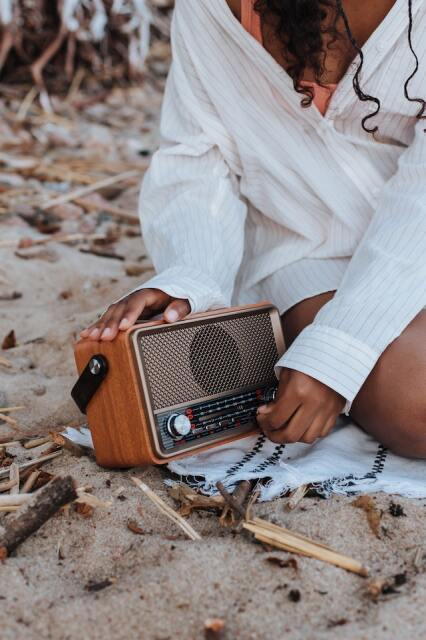Until today, I'd mainly been hearing about DAB as a digital radio standard to replace AM and FM analogue broadcasting. Then today I heard about DRM (thinking it was ham radio DMR Motorola standard), and realised there is more than just DAB out there.
Without going into the technicalities (as I'm still picking up on all this and our own country was still to make a decision between DAB+ and DRM), DAB is chiefly adopted by the UK, DRM is very European-centric, HD Radio is North America, and China Digital Radio is of course Chinese.
The older standards are better established and more 'popular' as far as adoption goes. So, as with VHS and Betamax, or PAL and NTSC, it does not mean the most used is always the 'best' one technically. It is a matter of which country adopts what according to their own criteria.
The important thing though is that digital requires less electrical power, less radio spectrum, and can carry more programming stations than older analogue like AM and FM. We saw the same with amateur radio, actually, with digital modes like JS8Call digital mode punching through the static way further than an analogue signal.
So digital is clearly the future of radio. For example, the DAB+ standard would allow 18 different programming stations to exist off a single transmitter, using around 75% less electrical energy to cover the equivalent footprint that 18 FM analogues stations would have provided. So from an aggregated signal distribution perspective, this is way better. Again we saw the same with ham radio, where more than one station could use the same digital frequency, requiring only one repeater frequency.
So as a listener, your choice is really easy. For whatever country you are in, you have to use that standard (for local radio, anyway). As I understand it, HD Radio is a proprietary standard, whilst DAB+ and DRM+ are open standards, but technically there is no reason why a digital radio could otherwise not support more than one of these standards on the same radio receiver (much like many older radios support both AM and FM standards).
So if you do import a radio, be sure to check that it supports your country's standard. Also be aware, older standards such as DAB are not forward compatible with newer DAB+, so unlike analogue, you may have to ditch your receiver if the standard upgrades in future (unless they can receive software patches).
Unlike VHS and Betamax though, one of these standards will not likely rule worldwide, and it will be more a case of PAL/NTSC or Metric/Imperial standards just exiting together.
See
Digital radio - Wikipedia#
technology #
digitalradio #
DAB #
DRM #
HDRadio Digital radio is the use of digital technology to transmit or receive across the radio spectrum. Digital transmission by radio waves includes digital broadcasting, and especially digital audio radio services. In digital broadcasting systems, the analog audio signal is digitized, compressed using an audio coding format such as AAC+ (MDCT)[1] or...
